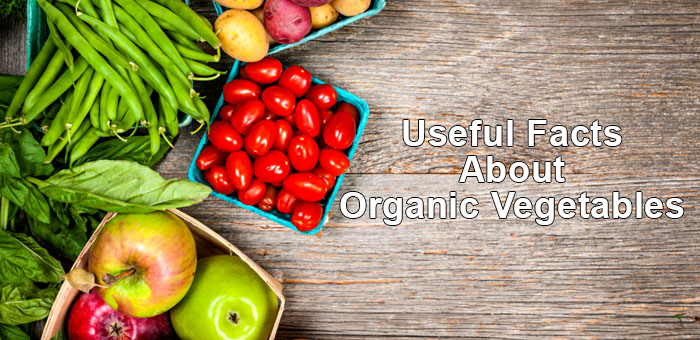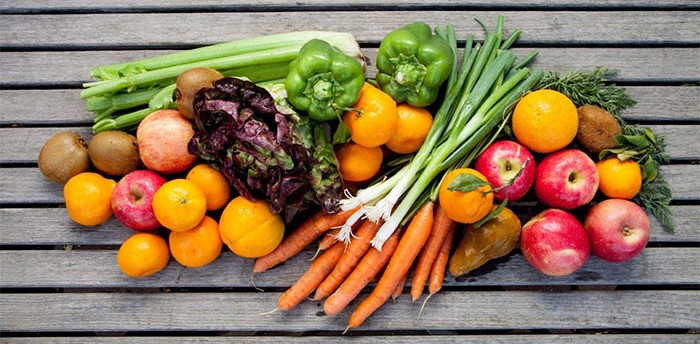Today we will focus our attention on one of the pros and cons to food truck owners using organic vegetables in their menus. Even those trucks or carts that have primarily meat filled menus, they should be aware of these issues since many of them include vegetables in their burgers, tacos, salads or stir fried dishes.
There is a huge difference when you say you serve organic vegetables and conventionally grown vegetables. The term organic, when used to describe fruits and vegetables, denotes something that is not altered from its natural state by pesticides and preservatives. While it may be difficult to distinguish organic vegetables from conventional ones, there are strict government guidelines set by the US Department of Agriculture.
Fruits and vegetables can only be labeled organic if they met these standards. Having a thorough understanding of the advantages and disadvantages of organic vegetables will certainly help you choose which one to buy.
Pros and Cons of Using Organic Vegetables
Advantages of Organic Vegetables
Organic veggies are grown naturally. This means that there are no artificial or commercial pesticides, herbicides, fungicides or fertilizers that are applied to the vegetables from the time they are planted up to the time that they are harvested. In organic farming all the farming materials used are natural. For example, the fertilizers that make the soil fertile come from animal manure and compost and the pesticides that are used to repel pests are also other naturally-sourced materials. This ensures that organic vegetables grow and are harvested in their purest form. This makes organic vegetables taste better than those grown conventionally.
The pesticides that are sprayed on conventionally grown vegetables will always leave residues that cannot be easily removed. As such, there is always that possibility that we can ingest these residues when we eat these vegetables. The accumulation of pesticide residues in our bodies carries with it the risk of various serious diseases like cancer, tumors and allergies, among others. These pesticides can be passed on from the mother to child during pregnancy and through breast milk.
Moreover, studies show substantial evidence that links pesticide exposure to fetal abnormalities, low birth weight, behavioral problems and impaired motor skills. Children who are exposed to pesticides at the early stage life are prone to various growth and developmental retardation.
Disadvantages of Organic Vegetables
Organic veggies are relatively more expensive than conventionally grown vegetables. This difference can be attributed to the costly farming methods of organic veggies. There is more manual work required in organic farming. This is because farmers don’t use chemicals in improving their crops. This is what creates their high prices.
For example, instead of spraying the vegetables with herbicides they normally resort to manual weeding and crop rotation which is twice as expensive. Also, achieving organic certification from the government entails added expense.
In terms of freshness, organic veggies are always fresher than traditionally grown vegetables. This is because organic veggies do not get artificial waxes or preservatives to stay fresh. By the time they reach the customer they are naturally fresh. However, since they do not get sprayed with preservatives and other artificial chemicals they have shorter shelf lives.
RELATED: 5 Tips For Starting An Organic Food Truck
The Bottom Line
It is not easy to buy organic vegetables. The increasing demand for organically grown veggies has made it difficult to get as the demand constantly outnumbers the supply. We hope these points allow food truck to make the right choice and use organic vegetables on their menus. But at the same time, we understand the feasibility of their use can be limiting.
Do your part today and join the Meatless Monday movement. Signing up is fast and easy! Follow them on Twittter. Mobile Cuisine Magazine looks forward to continued coverage of Meatless Monday for our readers.




